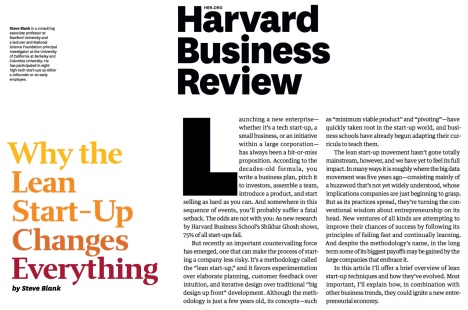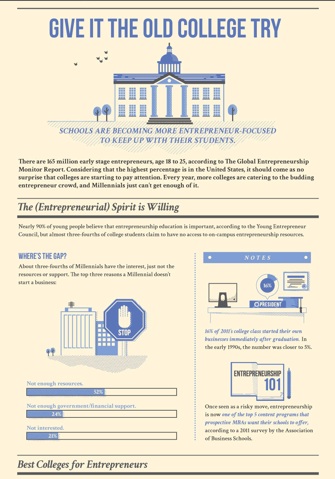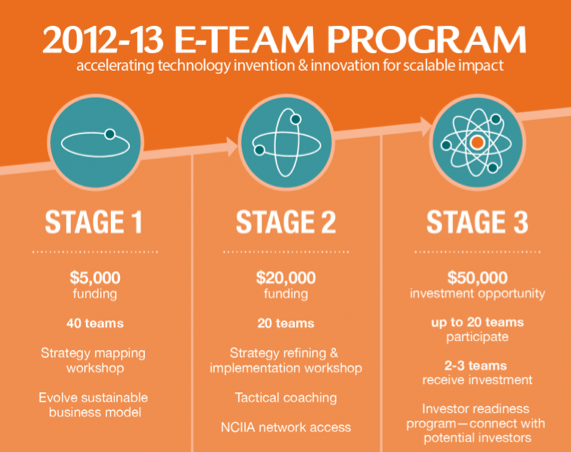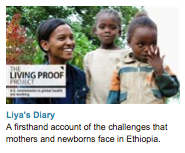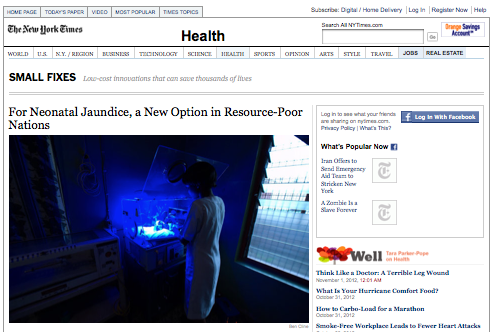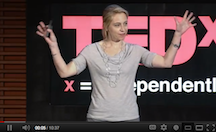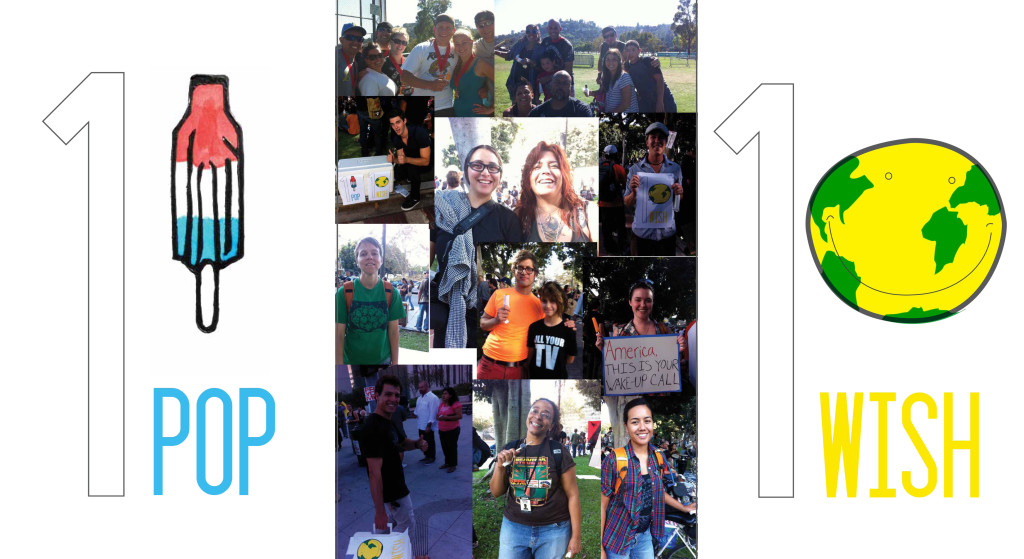Upcoming Deadline (June 30): University Innovation Fellows Program
When you’re paired with a group of motivated and energetic individuals, anything is possible.” – Elliot Roth, University Innovation Fellow, Virginia Commonwealth University
After training 66 University Innovation Fellows this past spring, 110 students from 78 different institutions across the nation have come together to build a more experiential learning system for undergraduate engineers and their peers on campus.
Fellows join this movement to better the higher education system as a whole for their current and future peers. There was a moment for these Fellows when they decided that they needed something more from their higher education, something to challenge them more emotionally and mentally. These Fellow’s have been told “No;” been told they are “Crazy;” and been told countless other negative things about their visions for their future. The University Innovation Fellows program is a peer-based environment to support these students. The program allows Fellows to build a network of support for their visions and their ideas for the future. There is an overwhelming sense of pride, inspiration and amazement when these students come together and to define themselves as the economic future of our nation.
These 110 Fellows understand our nation needs us. That our future depends on us. They are leaders, followers, students, entrepreneurs, innovators, problem-solvers, hard-workers, professionals, teammates, mentors, mentees, owners, influencers, and visionaries. Fellows are changing institutions of higher education one at a time, while tackling the nation’s largest problems as a whole. They are taking their degrees into their own hands, creating an experiential learning environment and challenging the boundaries of traditional education systems. These Fellows work with administration, faculty, deans, congressmen/women, and students. They are building the future we currently dream about.
Fellows have surpassed just creating awareness on campus around innovation and entrepreneurship and are building lasting institutional change through events, workshops, makerspaces, venture funds and curriculum. Last year, Fellows created more, built more and designed more. The lasting institutional impact is being scaled by efforts through Leadership Circles.
There are 5 days left to apply for the fall cohort (deadline: Monday, June 30). The application can be found here. If you have further questions, please post them below so we can share the Q&A with other visitors. We will respond in a timely manner. If you would like to speak to someone directly, please contact Humera Fasihuddin at humera@nciia.org or Katie Dzugan at kdzugan@nciia.org, (413) 341-1663. We are extremely excited to get to know our new candidates this fall!
Cheers,
Katie Dzugan
UIF Program Associate


